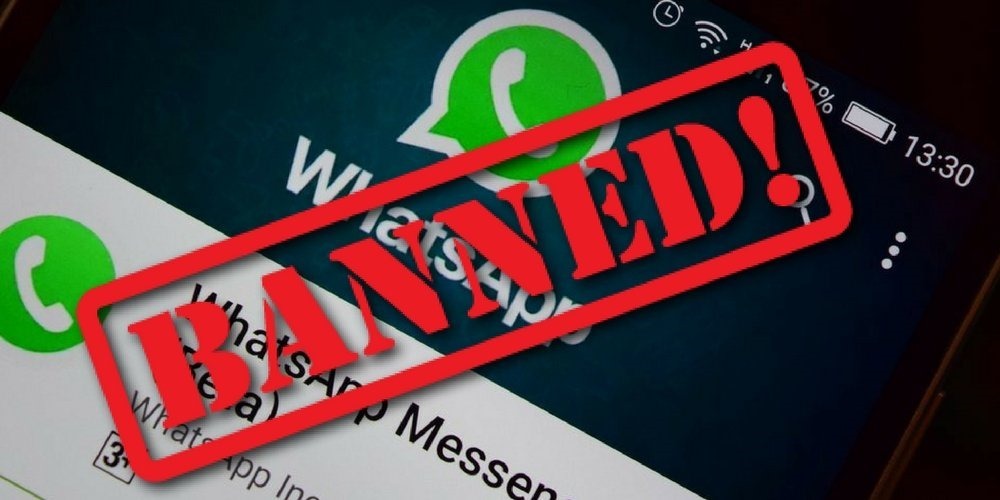China Blocks Whatsapp; Censorship Wins?
So, along with Facebook, now even WhatsApp messenger has been banned in China. The Govt has blocked NoiseSocket protocol, which is used by Whatsapp to send text messages across one another.

In a major decision, China has completely banned Whatsapp in their country. Facebook was already banned since 2009, and after Whatsapp’s ban, Facebook has been totally erased from China.
Analysts are saying that this is a clear cut win for Internet censorship, but this is the way things happen in China.
However, some observers are saying that this ban is temporary, and things may return to normal soon.
No Whatsapp In China Anymore: How They Did It?
In July this year, Chinese Govt. had blocked images and videos shared on Whatsapp, when they blocked HTTPS/TLS protocol for file sharing.
However, the blockage was lifted after some days, and things limped back to normal.
Now, starting yesterday, Chinese Govt. has blocked NoiseSocket protocol, which is used by Whatsapp to send text messages across one another.
Nome tech observers from China are assuming that the earlier blockage on videos and images was lifted in July, mainly because Chinese authorities wanted complete ban on Whatsapp; and it took some time to understand the protocols and technologies used by Whatsapp.
Nadim Kobeissi, an applied cryptographer, who monitors the Internet bans and blockages in China, said, “I think it took time for the Chinese firewall to adapt to this new protocol so that it could also target text messages.”
Why Whatsapp Has Been Blocked in China?
Internet censorship is the answer.
Whatsapp encrypts every information shared among users, and as we had reported earlier, even Whatsapp cannot decrypt these messages.
And China, as well know, is very secretive and harsh, when it comes to digital content.
19th National Congress of the Chinese Communist Party, is going to happen, and blocking Whatsapp seemed the right move to suppress any anti-communist voice.
The sole beneficiary in this fiasco would be China’s #1 messenger WeChat, which will now hold absolute monopoly over messages.
Interestingly, WeChat has no issues with sharing private information of their users with Chinese authorities. A report has emerged, which tells us that WeChat is sharing users’ data such as name, email address, contacts, and in some cases, even exact location of the users with Chinese authorities.
WeChat has 963 million active users.
As of now, Skype is still allowed in China, as it doesn’t provide end to end encryption of messages; while Apple’s FaceTime service is also tolerated.
If anyone wants to use Whatsapp, then choosing a virtual private networks is the only option remaining; which is not even foolproof.
We will keep you updated as we receive more information on this news.

[…] trak.in size: 1000px x500px […]